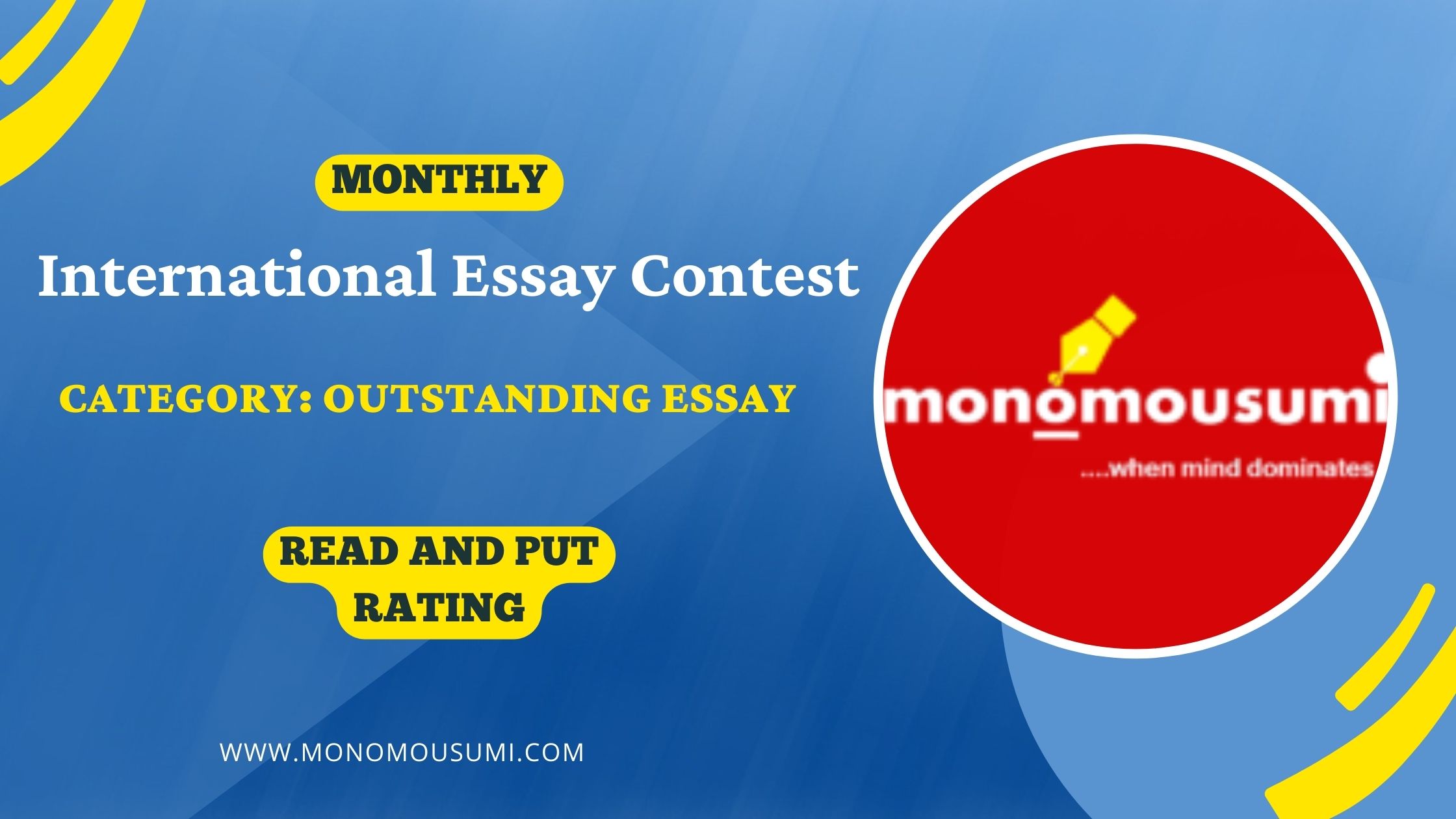
Frogs
Imagine for one of the school assignments your teacher assigns you a task to interpret a famous writing piece from Shakespeare or any famous piece of literature in the form of an essay. You may find it to be almost an impossible task to complete considering all the literary devices, deep meanings, and motives you’d have to identify in your work. Not only that because you’d have to write it in the form of an essay you will have to think of ways to synthesize all the information together so it would all have a good connection and flow. However, writing interpretive essays doesn’t have to be a challenging task, by following the simple guidelines I’m going to be sharing can be a much simpler task than you imagine.
So what is an interpretive essay? Well, as said so in the name you quite literally have to interpret, analyze, or critically assess a given piece of writing with your thoughts and opinions. However while most of the time it is a piece of writing, you could be asked you interpret almost anything, like a person or an object. Thus, there is no direct answer to how you could interpret the given set of writing as there are endless ways to could put a certain meaning to the subject; it is purely subjective.
Most of the time these types of essays are tied with humanities subjects like history, literature, or the arts. For literature especially this is probably going to be one of the most common forms of essays you are going to encounter as in literature there are so many different components you can unpack with your meaning and ideas and there isn’t a “right” answer to how you can interpret literary works. Many of the prompts offered when writing an interpretive essay will not have a direct nature, so that’s the beauty of interpretive essays.
The main goal when writing an interpretive essay is to look at a piece of writing and interpret it in a way that is fresh and interesting. The most efficient way to do that is to first pick a section of the book that contains a clear storyline, setting, character, dialogue, and many literary devices. And that breaks that section into smaller parts and closely dissects each of the parts one by one. And the reason why you have to break down the sections into smaller parts is so that you can compare and contrast the sections with one another which will give another depth and layer to your interpretation.
Also, make sure you’re always referencing literary devices when writing or a specific theory you have. Because of the highly subjective nature of this piece of writing, there are times when the writer seems to think it’s fine to write whatever they want and to really “stretch” the meaning. While it is fine for your ideas to have a bit of a stretch, they can’t be too noticeably off. Thus, make sure your explanations logically make sense. Furthermore, structure-wise, it essentially follows the basic structure of any type of essay.
An introduction, a couple of body paragraphs, and a conclusion; it is nothing too different. And make sure your introduction gives a brief overview of everything you’re covering in your body texts including all the claims you are going to make. However, something to note is that you should always refer back to the piece of writing off of. For instance, for whatever evidence or reasoning, you state in your writing you should always provide such evidence directly from the text whether through paraphrasing or directly quoting from the book. This helps ensure that you’re not making things up along the way and that your sticking to the claim that you made. Another thing to keep in mind is to write your piece knowing that the readers have already read the piece of writing you’re trying to interpret. This is important because if you keep trying to explain the plot of the story in between your analysis it gets really easy for you to detract from the main idea and your writing overall can seem very messy. So please refrain from that you keep your writing as organized as possible.
In conclusion, writing an interpretive essay can be a both very rewarding and a daunting task. Especially to those who are used to writing essays that have a clear focus or a definite answer. However, with a lot of practice and the tips stated above the skill to analyze a text and synthesize your analysis in the form of an essay will naturally come to you.
By: Seohyun lee
Write and Win: Participate in Creative writing Contest & International Essay Contest and win fabulous prizes.
Essay Title of the Month
- How to write an essay fast
- what is Essay Bot
- How to write good Review Essay
- How to write a 5 page essay
- How to write an interpretive essay
- How to write dialogue in an essay
- When revising an informative essay it is important to consider……….(what to be considered)
- Women empowerment essay
- How to get essay editing jobs and how lucrative it is?
- Essay vs Research paper
- The best way to grading an essay
- How to plan an essay writing/contest
- How to write marketing essay/ graphic essay/ technical essay/Opinion essay/informal essay/interpretive essay/photography essay/character essay (one paragraph each for these type of essay)
- Participants should write the essay in easy to understand language with deep research on a selected topic. The essay should be written in the participant’s own language with interesting facts.
- How to focus on writing an essay
- How to write creative writing essays
- What is essay proofreading service
- How to write a cover page for an essay
- What are the best font for essays
- How to start an essay agency and providing essay editing jobs


